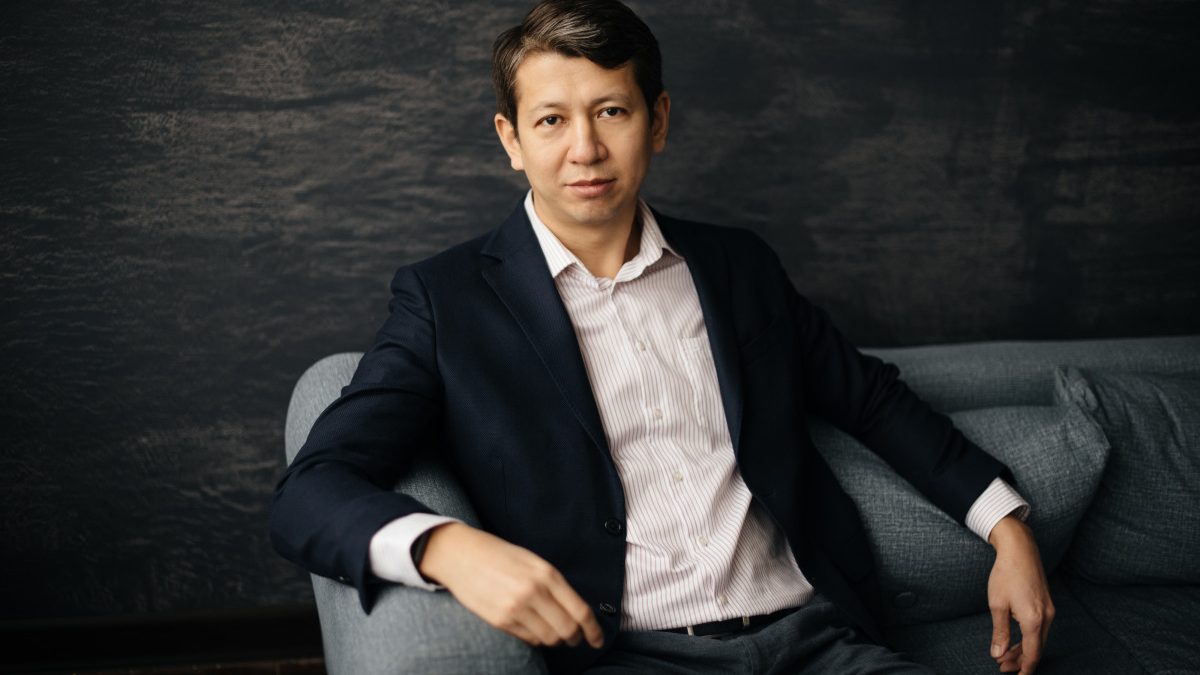The tightening of measures for online gaming could make some markets less attractive for investment, explained EvenBet Gaming CEO Dmitry Starostenkov, who warned that regulators must balance restrictions with responsibility if they want to avoid low channelisation.
Discussing how EvenBet Gaming is rising to some of the legal challenges brought on by the pandemic, Starostenkov believes that major gambling jurisdictions must start communicating with each other to unify the licensing procedures and ensure market transparency.
CasinoBeats: During the recent weeks and months, driven by the coronavirus pandemic, jurisdictions across Europe have introduced tighter restrictions on the gaming industry. What has this meant for Evenbet?
Dmitry Starostenkov: The restrictions tightening was quite expected: due to the pandemic, many economic sectors are in crisis, unemployment rates are growing, and people are locked in their homes with limited access to entertainment. This situation, while being beneficial for the igaming market, creates a significant risk of gambling addiction growth.
Therefore, the governments are trying to do the best to ensure responsible gaming practices through all means, no matter how much the new regulation rules are going to complicate the business for the existing operators and software vendors.
Fortunately for us developers, the software licencing procedures didn’t change significantly, though we are experiencing a slowdown in obtaining the UK licence for our platform. However, we expect that the new rules will touch vendors non-directly.
New rules will surely make some markets less attractive for both new and existing operators (the state of online poker in Germany now is a good example), which will affect the software demand from a long-term perspective.
“…the whole process of the certification for multiple markets may turn into a real nightmare”
This may also backfire on market transparency, causing responsible operators to leave some markets due to the growing costs of acquiring new players and the lower revenue, which may cause players, especially from the high-risk groups, to turn to illegal online gaming.
CB: Throughout the pandemic, operators have scrambled to integrate a range of different games and content within a single platform. Can such an approach create difficulties? And how have you dealt with this?
DS: It’s a rare case when an operator offering multiple gaming formats uses a platform and games from a single vendor. Usually, it is a technically complicated system that is based on one platform and various content offerings from different providers integrated via API.
If the integration is performed well and seamlessly, for users it works perfectly, however, inside the system there’s a lot of data exchange between multiple gaming servers, including the financial data. So, on the technical side, it must be done flawlessly, and that’s the first potential difficulty, which is usually managed by the platform vendor. Thus, choosing a reliable platform with the high technical expertise of the provider is crucial.
The second difficulty is caused by complicated regulation in the mature igaming markets and geofencing. If an operator is planning to work in several jurisdictions and offer the whole games and options set in each of them, he would need to get a separate licence for all of these offerings. It may significantly increase the product-to-market time.
In many cases, software vendors lift some headache over operators obtaining B2B licences and certificates for their content (like we do at EvenBet Gaming), but there’s still a great deal to do to get an operator’s licence.
And taking into account that the demands in every jurisdiction vary, the whole process of the certification for multiple markets may turn into a real nightmare. I see no way out of this situation unless the major gambling jurisdictions start to talk with each other and the operators to unify the licencing procedures and to make them more transparent, at least in the mature markets, including most of Europe.
“As long as the legislation in these countries moves forward, we will see more and more operators and vendors entering new markets”
CB: Have changing conditions across different verticals affected an operator’s ability to cross-licence its products? What are the biggest legal matters to consider?
DS: On the licensing side, it didn’t – yet. Now, most of the changes involve tightening regulation in advertising, financial control, and KYC operations. However, if the trend continues, the software and its security will be one of the next issues that will get legislative attention. I hope it will not come to this, but if it does, our development team is ready to meet the challenge.
CB: And where does poker fit into all of this? Should we expect the ‘second coming’ to continue into 2021 and beyond?
DS: I don’t believe there would be any more of the poker revival in Europe except what we have seen in 2020. The pandemic caused an enormous growth in the online poker vertical, as its’ year-to-year revenue increase in Q2 2020 came close to 100 per cent, even in such established markets as Spain and France. Later, with the return of sports, it has levelled down, but as an industry poker is still in a better position than ever in the last eight years.
I expect that the vertical growth will be secured by the emerging markets, including Asia and South America, that are not yet saturated and have a multi-million potential audience.
CB: Finally, do you expect to see more gaming companies considering opportunities in fast-moving markets such as Africa, LatAm or even the US?
DS: No doubts. As long as the legislation in these countries moves forward, we will see more and more operators and vendors entering new markets. Of course, they will need to adapt their offerings to the local audiences’ demands: providing a mobile-first gaming experience, more payment options, and so on. But this process has already started, and I expect it to become an avalanche in the foreseeable future.










